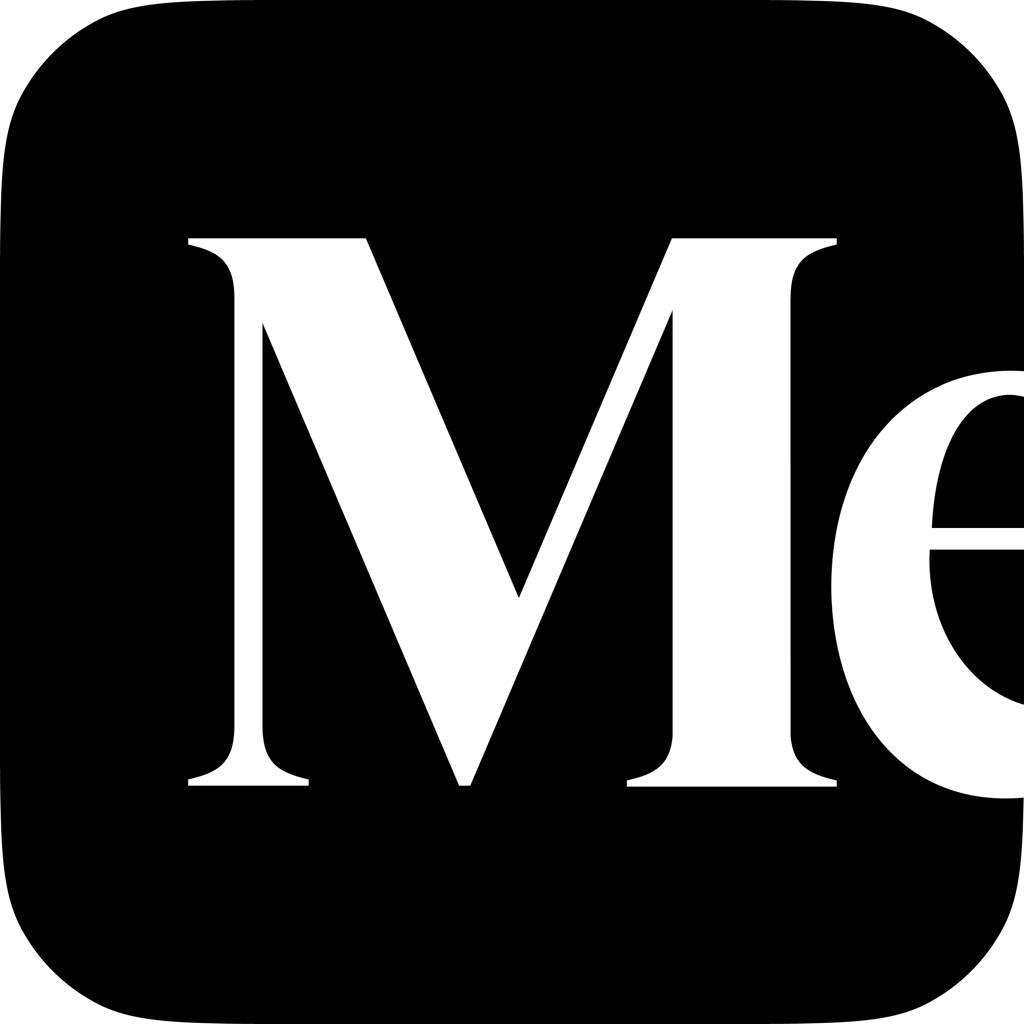Words to Silence the Lord of Pride, Part 1

Last weekend was the conclusion of Theophany. The lectionary readings captured my attention during liturgy & this week I'll be sharing my meditations on them. The Gospel reading for the Saturday after Theophany is Matthew 4:1-11. Here are the opening verses:
At that time,
Jesus was led up by the Spirit into the wilderness to be tempted by the devil.
And he fasted forty days and forty nights,
and afterward he was hungry.
And the tempter came and said to him,
"If you are the Son of God, command these stones to become loaves of bread." But he answered, "It is written, 'Man shall not live by bread alone,
but by every word that proceeds from the mouth of God.'"
I want to know how Christ's words had the power to silence Satan. "live not by bread, but by the Word of God" is a platitude in English-speaking Christianity. These days it's used as a cliche to remind people to read their Bible.
But a cliche isn't enough to shut up Satan. So what is the true meaning of these words?
To understand the power behind these words, we must first answer the question: "What are all the words of God?"
American Christians assume the Bible is the only Word of God, but that's incorrect. God speaks in many forms, and we must appreciate them all before we can see the real power of Christ's words.
Looking at the Original Greek
Greek is the original language of the New Testament. Christ spoke Aramaic and probably knew enough Greek & Hebrew to hold a conversation.
But most early Christians spoke Greek because they were Gentiles from Greco-Roman Europe. Part of a message usually gets lost in translation, so it's a good practice to check the Greek.
In Greek, Christ uses the phrase παντι ρηματι. Christ is quoting Moses in Deuteronomy 8:3, and the Greek Old Testament uses the same phrase there: παντι ρηματι.
παντι - all
ρηματι - words, sayings
"man does not live by bread alone,
but by παντι ρηματι that proceeds from the mouth of God."
(You can follow along by using Parallel Plus)
I translate the phrase as "all of the words," but all the approved English translations write "every word."
Humanity lives by "all of the words" from the mouth of God. This remark silences Satan, so it must have serious power behind it. If we can't see that power & instead only see a platitude, we must be reading it wrong.
So let's start with a simple question: "What are all the words of God?" A thorough answer will help us appreciate the power in Christ's response.
The Son: The 1st Word
The first Word of God is the Second Person of the Trinity, The Son. The Son is incarnate as Jesus Christ but exists eternally with the Father & the Holy Spirit.
In the original Greek New Testament, Christ is repeatedly called the λογος, which means "The Word" in English. The Greek speakers in the Early Church loved to call Christ "λογος του θεου."
In English, that means "the Word of God." The Church calls Christ "The Word of God" because it's a biblical name for Him.
The first thing Saint John does in his Gospel is name Christ the "Word of God":
In the beginning was the Word...
and the Word was God.
All things come into being through Him,
and without Him, nothing can be.
And the Word became flesh.
Near the end of his life, Saint John again calls Christ the Word of God. John has a mystical vision and sees Christ leading an army from heaven:
"his name is The Word of God." (Revelation 19:13)
Psalm 33:6 mentions the Word of God:
"By the word (λογω) of the LORD were the heavens made, and all creatures by the breath of His mouth."
King David, the author of the psalm, couldn't have known about Christ or the Trinity. It was not until a century after Christ's Ascension that the Early Church realized the psalm was about Christ.
Now you might be wondering why the biblical authors chose this name in particular for Christ. It's a good question, and the answer needs a whole blog series.
The short answer: Greek philosophers & Jewish prophets searched for a divine "word" since the beginning of recorded history. Both Greeks and Jews believed that the divine Word is the cause of the entire universe.
Words from The Word: Scripture
The Bible is a collection of sayings from the Word of God, His prophets, & His witnesses. Christ hasn't walked the Earth for nearly two millennia, yet we still have access to eyewitness Gospel accounts about Him.
The Old Testament history, laws, and prophets provide additional information about Him, and the New Testament Epistles give even more.
The Bible is vital for any authentic Christian practice. People in every generation have spent their lives pouring over the Scriptures. Yet the Scriptures continue providing new wisdom & continue transforming lives. Most books lose their appeal after the first read.
The Orthodox lectionary completes the Bible in a year, & the Catholic lectionary completes the Bible in 2 years. We have been reading the Bible non-stop through recorded history & wisdom continues flowing out of the pages. That alone should be an argument for Orthodox Christianity.
The Scriptures are essential, and they are words of God, but they aren't the only words of God. I'm not saying there's some secret holy book that the Church conspired to keep from the public. There isn't. People who say otherwise are wrong. Avoid them.
The Scriptures contain the words of God that are expressible in human language. However, most of God's words can't be spoken or written into human language because most of God's words are living things.
Words from The Word: All Creation
The Word creates all things (John 1:2-3) & all things live & move & exist in The Word (Saint Paul in Acts 17:28).
If the Word sustains creation, then the Church concludes that creation reveals The Word. We can learn about the Creator through Creation.
The Word creates words, & those words are living things. The Big Word is revealed in His little words.
The High Word plays in every kind of form,
mixing as He wills with His world here & there.
(Saint Gregory Nazianzen, Patrologia Graeca 37:624.
Saint Maximos the Confessor also wrote a meditation on this quote. I've written a meditation of my own.)
The Early Church loved to meditate on Christ as the Word who sings creation. Early saints saw each creature as words sung by the Word. Over time, their meditations brought them to the conclusion that God must be a Trinity.
The Word makes the whole universe,
every natural thing, every creature from an angel to a worm.
(Saint Augustine, Commentary on John)
By the beauty of the creatures,
it is possible to see the Maker & recognize Him, who is in truth God,
through Whom all things are made, and all things are preserved.
Breathing, Bleeding, & Singing the Words
Creation is a constant effort. Creation is not a single event finished 13.8 billion years ago. The Word is continuously at work in every human, snake, & worm as you read this.
God holds the nature of every creature in Himself. All creatures depend on God to "breathe out" life to them at every moment.
Creation is a continuous action. Nothing can exist for a single moment without God giving it existence.
You might imagine creation in a few different ways. You can say God breathes life into creation or that God is bleeding into creation.
Or you can say God sings creation to life. Imagine it however you like, as long as you imagine God in continual action.
Satan suggested Christ support Himself through His own power by making artificial bread. Christ responded that man lives "not by bread, but by all the words that proceed from the mouth of God."
All God's words demonstrate God's unfailing commitment, and Christ invoked all these words to testify. Christ was meditating on the highest truths: God's Nature, Christ's Nature, and God's creation of nature.
All reality is a testament to God's unfailing commitment, what we also call His grace. Christ didn't silence the Lord of Pride with a platitude. He silenced Satan by observing God's graces all around them, the graces without which Satan himself wouldn't exist to challenge God.
Now we understand what "all the Words of God" are. In the next post, I'll explain why Satan suggested turning stones into bread and why declaring God's unfailing commitment was the proper response. How do all the Words of God have the power to silence the Lord of Pride?
If this essay deepened your understanding of Scripture, imagine how much stronger your own theology could be if we worked as a team!
Need an editor who honors the depth of Patristic thought while making it accessible? Or a copywriter who can market your mission without compromise?
Let's find out if we're a fit ⬇️
Comments are welcome. I read everything, but my charism is writing, not debate. So I respond selectively, only when conversation clearly serves truth and charity. If you don't receive a response, please don't take it personally. Time and energy are precious resources, and I steward them toward the essays themselves.
All comments go through moderation.
If you'd like to engage more substantively, consider writing your own response essay and contacting us through email or social media. I'd be honored to read it and potentially feature it as a guest essay.
☦️❤️🐍
~ Dr. Boaz
The Serpentine Byzantines

Joint Dr. Boaz, the Human

Sweet Potato, the Ball Python
We're a small team comprising a human and a snake.
Joint Dr. Boaz has a Joint PhD in Healthcare Ethics and Theology. He lives a 2nd life as a professional dancer. He's also a parish cantor, visual artist, and gaming streamer.
Sweet Potato is a male albino Ball Python. Born and raised in Florida, he's also traveled across the USA via road trips and even a flight! He's been blessed by a priest and once completed an entire Paschal Fast without eating a single meal.



